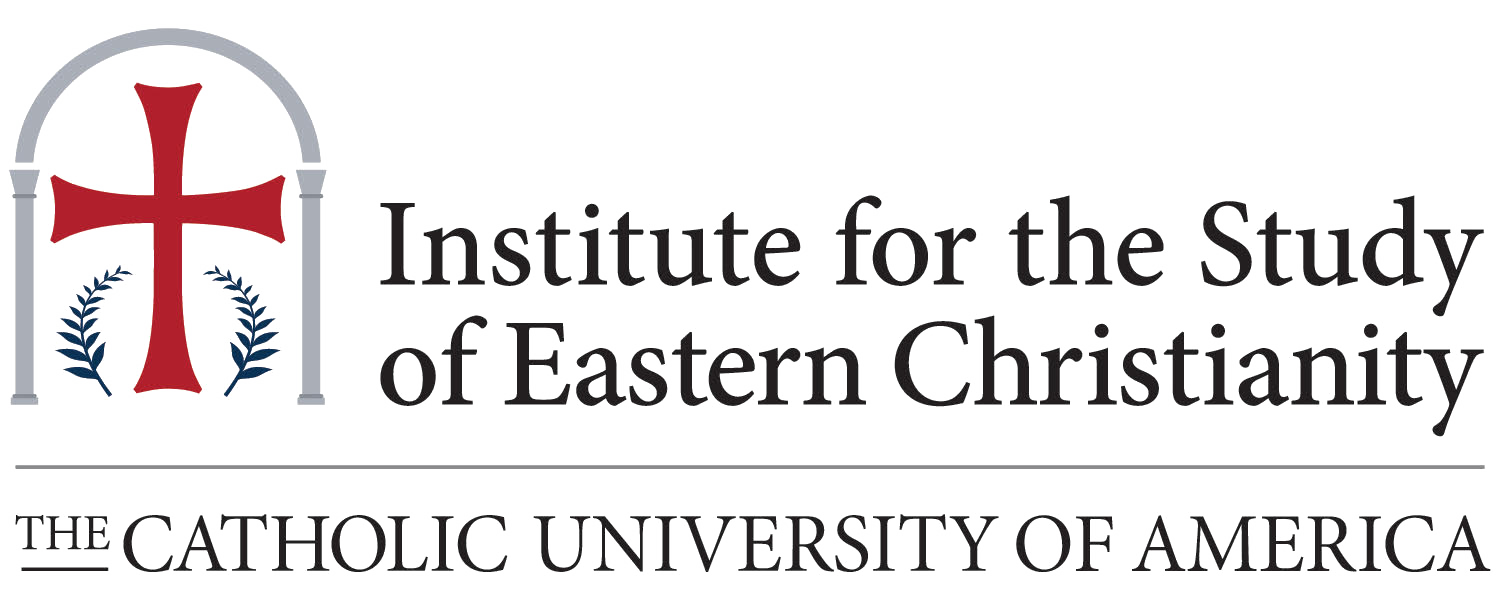
For nearly 130 years, The Catholic University of America has studied intensively the literary, philosophical, and theological creations of eastern Christian culture. Founded as a graduate research institution, Catholic University quickly established the Institute for Christian Oriental Research, building a library known worldwide as a center for the study of the languages and cultures of the region. Scholars in departments of the schools of Arts and Sciences, Theology, Philosophy, and Canon Law have studied continuously the languages, texts, and histories of these linked cultures since the founding of the University. Yet not only the ancient or medieval history of Eastern Christianity has attracted the attention of generations of scholars; the University has welcomed and fostered the study of these communities in the present. Eastern Christian scholars have been trained here as scholars, and Catholic University still encourages and welcomes representatives of these communities as professors and scholars.
From its origins, the center of Christian culture lay in the region of the eastern Mediterranean. Spreading from Judaea via book and missionary, north through Syria, Armenia, and Georgia to Greece and the Slavic regions ultimately to Kiev, and south through Arabia, Egypt, and Ethiopia, writers, artists, and their communities created traditions distinctively articulated in local languages yet related by intense intercommunication. At its furthest, eastern Christianity stretched from Kiev to modern Iraq and then to western China: its monuments, institutions and cultural legacy survive to the present, and are the subject of intense study and appreciation. At its height, this culture understood itself as katholikê: world-wide. In the present, as some Eastern Christian communities experience displacement and destruction, the study of their traditional life and cultural heritage is urgent.
The Institute for the Study of Eastern Christianity aims to foster and focus the study of eastern Christianity, in all its expressions. It encourages course offerings; offers an undergraduate certificate program; sponsors a student organization for all eastern Christians; welcomes lecturers and sponsors conferences on related topics; and acts as a hub in the Washington, D.C. area, for community engagement. Building on its long history of teaching and scholarship, it makes the University’s research available for the benefit of all who are interested in this ancient and living culture.
